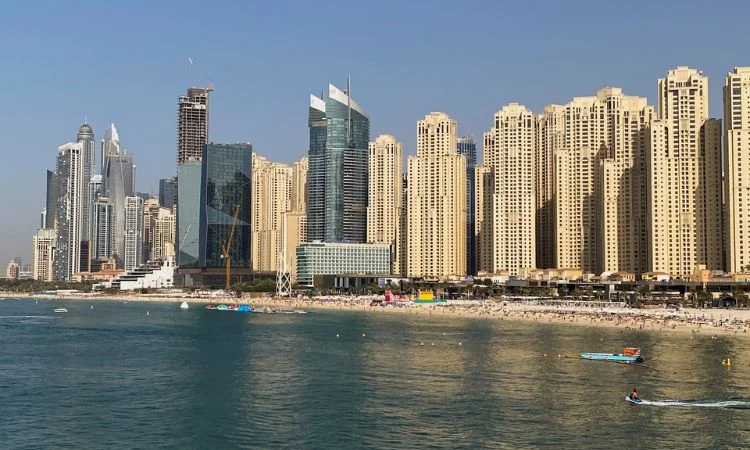Profitability Affected by Rising Costs and Interest Rates
In order to help refinance Emirates REIT after a tough financial period in the first half of 2024, the Dubai-based fund is considering the option to raise a new sukuk, or Islamic bond. It had to bear elevated costs of its existing sukuk, and the rising benchmark rate was putting pressure on its profitability.

PC: Reuters
Although the H1 2024 pre-fair loss of valuation has narrowed to $1.5 million from $3.6 million in the corresponding period of last year, it shows the financial stresses in which the REIT is under. The higher costs associated with servicing its Islamic bond and the impact of increasing rates are the 2 main drivers of this loss, which is denting the financial performance of the REIT.
Property Values and NAV Indicate Gains
In some encouraging news, the investment properties owned by the Emirates REIT increased in value from $838.1 million in H1 2023 to $991 million in H1 2024. This, too, comes as respectable year-on-year growth for the company, and considering the bigger picture of the financial difficulties suffered, its Net Asset Value increased from $419 million to $563 million over the same period.
While these longer-term increases in property values and NAV are relevant to the REIT, providing some buffer against its present financial strain, these gains have not proven adequate to overcome the broader challenges brought by increased costs and rates.
Auditors Emphasise Uncertainty Over Going Concern Status
Auditors from Ernst & Young also pointed at the rather improved values of the property net asset value. The financial health of the REIT was a concern considering that the liabilities of the group were $336.5 million more than its assets. So the financial situation of a going concern due to the auditor review identified material uncertainty that Emirates REIT could be experiencing. Such a gap between assets and liabilities would really underline the financial risks that Emirates REIT is subject to, especially if the market condition further deteriorates.
The auditors thus qualified that unless the REIT took substantial changes to its financial structure or operational strategy, it was due for severe impairment to its ability to sustain operations over their life cycle. Following such a note, the REIT management has been looking at refinancing options, now seen to include a new sukuk issue.
Management – Asset Disposal and Maturity Extension
Equitativa, the manager of the REIT facing these problems, has already moved to seek ways of improving the REIT’s financial position. According to the notes accompanying its H1 results as published on Nasdaq Dubai, the major option for the refinancing under consideration is that of issuing a new sukuk. The move would open a way in this respect for REIT to acquire the needed liquidity to service the existing obligations while cushioning the impact of rising costs.
Besides weighing a new sukuk issue, Equitativa has also embarked on asset divestments as part of its wider strategy. Emirates REIT said in July it had agreed to sell Trident Grand Mall in Dubai Marina for $20 million. That sale came after the REIT exercised an option in June to extend by a year the maturity of its existing sukuk, buying temporary breathing space but meaning further financial planning was needed.
The H1 2024 financial performance of Emirates REIT underlines the challenges from increasing costs and interest rates. The increase in the value of properties and of NAV is positive, but the respective movements mark the REIT with significant financial uncertainty, as noted by its auditors. The management of the REIT has already taken proactive refinance measures, and has initiated an asset disposal program to manage its financial constraints. This result of these efforts will decide the future stability of the REIT.














